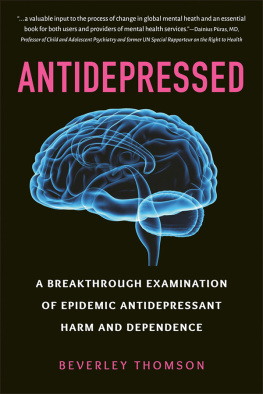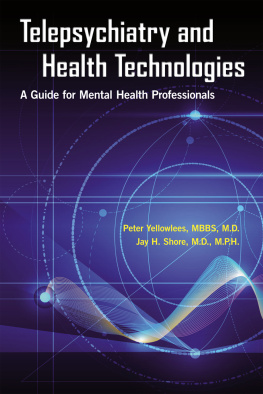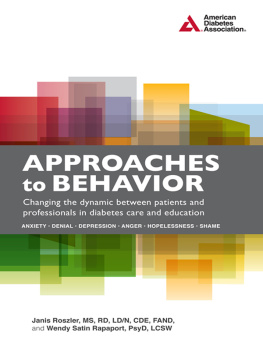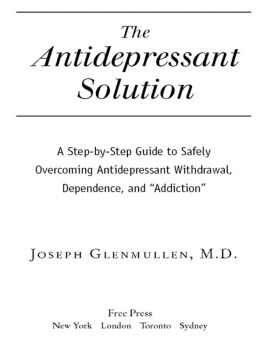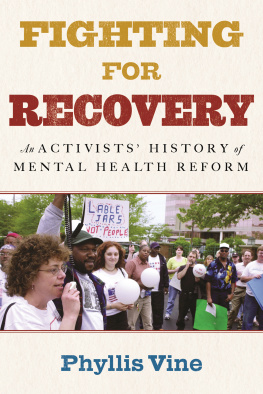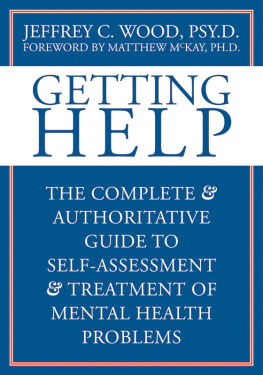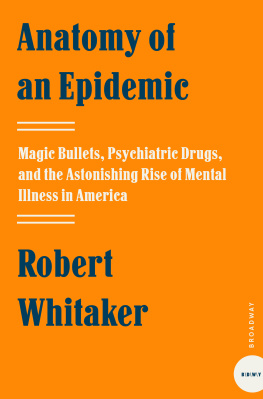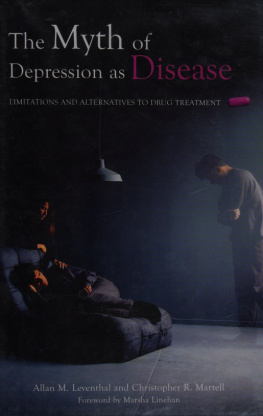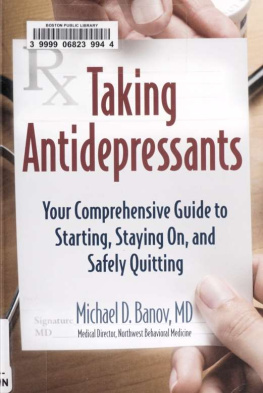Hatherleigh Press is committed to preserving and protecting the natural resources of the earth. Environmentally responsible and sustainable practices are embraced within the companys mission statement.
Visit us at www.hatherleighpress.com and register online for free offers, discounts, special events, and more.
Library of Congress Cataloging-in-Publication Data is available.
ISBN: 978-1-57826-927-3
All rights reserved. No part of this book may be reproduced, stored in a retrieval system, or transmitted, in any form or by any means, electronic or otherwise, without written permission from the publisher.
PREFACE
Dear Dr. Gordon,
I have been suffering from extremely severe withdrawal symptoms from the antidepressant drug paroxetine for over six months now. These symptoms include but are not limited to: body and head jerking, severe agitation, hyperventilation to the point of passing out, and waves of toxic depression.
I admitted myself to hospital after a failed attempt to take my own life. They discharged me after 10 days as there was nothing they could do for/with me and I was becoming a burden on the nurses and the other patients.
Every second of my waking existence is horrific. I have repeatedly expressed my wish to die with dignity as I am now unable to maintain even the most basic standards of personal hygiene. I have socially isolated to the extreme as my condition makes associating with people impossible.
In my desperate state I have contacted the group My Death My Decision as well as the group Exit international so they will have a record of my experience even though there is nothing they can do to help me.
You have my permission to share my correspondence with anyone you deem to be appropriate.
Yours sincerely,
Antony Schofield
T HIS BOOK COMES too late for Antony Schofield. He ended his life aged 52. Being prescribed antidepressants was the start of a ruined and wasted life. I talk with his mother often; at 81, she was left with only memories of a wonderful, intelligent and adventurous son. Antonys mum is now aware of and understands the effects these drugs, taken as prescribed, had on her sons life. It was Antonys wish, and is now his mothers, that people should learn about the harm these medications have the potential to cause. Towards the end of his suffering, he asked his mother to tell the world about antidepressants. This book is the voice of Antony and his mum Bridget.
INTRODUCTION
Our Wicked Problem with Antidepressants
Wicked refers to a problem that cannot be fixed, where there is no single solution to the problem. Wicked denotes resistance to resolution, rather than evil. Another definition is a problem whose social complexity means that it has no determinable stopping point and because of complex interdependencies, the effort to solve one aspect of a wicked problem may reveal or create other problems.
N OWADAYS, WE TALK about the urgent need for a paradigm shift in how we think about mental health and for transformation in the way we collectively understand and intervene on mental health issues.
It is important to remember, whatever we need to do to make change and however loud we shout about emerging new ways of thinking, antidepressant prescribing is continuing to soar around the world. The medicalized way we look at mental health has become a dominant and powerful one and millions of us have chosen to take antidepressants knowing very little about them. Whilst the medical profession has a responsibility to first do no harm, we, as patients also have a responsibility to learn about this medication we take, often with very little thought. It is hoped that this book will enable us to become savvy about antidepressants, make informed choices and contribute to changing how we think about, talk about, and cope with lifes up and downs.
Mental illnesses are amongst the most common health conditions in the United States.
- More than 50% will be diagnosed with a mental illness or disorder at some point in their lifetime.
- 1 in 5 Americans will experience a mental illness in a given year.
- 1 in 5 children, either currently or at some point during their life, have had a seriously debilitating mental illness.
- 1 in 25 Americans lives with a serious mental illness, such as schizophrenia, bipolar disorder, or major depression.
The US has declared itself to be in the grips of a mental health epidemic. According to Centers for Disease Control and Prevention (CDC) data, one in sevenor 13.2 percentof adults aged 18 and over took antidepressants between 2015 and 2018; more than 43 million adults. Use was higher amongst women, 17.7 percent, than men, 8.4 percent. This increased with age, rising to 24.3 percent of all women aged 60 and above. Teenagers, aged 13-19, experienced the greatest increase in antidepressant use from 2015 to 2019, up a significant 38.3 percent, from 5.7 percent to 7.9 percent.
This is written at the time of COVID-19 and already in the US there have been significant increases in the prescribing of drugs used to treat mental health conditions. Statistics for 2020 show 45 million Americans were taking antidepressants and this included 2.1 million young people aged 0-17. By March 2020, it was reported prescriptions for antidepressants had risen by 19%, anti-anxiety medication by 34 percent and anti-insomnia drugs by 15 percent. Reports tell of 40 million Americans suffering from anxiety and over 17 million being diagnosed with Major Depressive Disorder.
The American Psychiatric Association (APA) Practice Guideline for the Treatment of Patients with Major Depressive Disorder recommends antidepressants or psychotherapy as the initial treatment for patients with mild-to-moderate depression.

